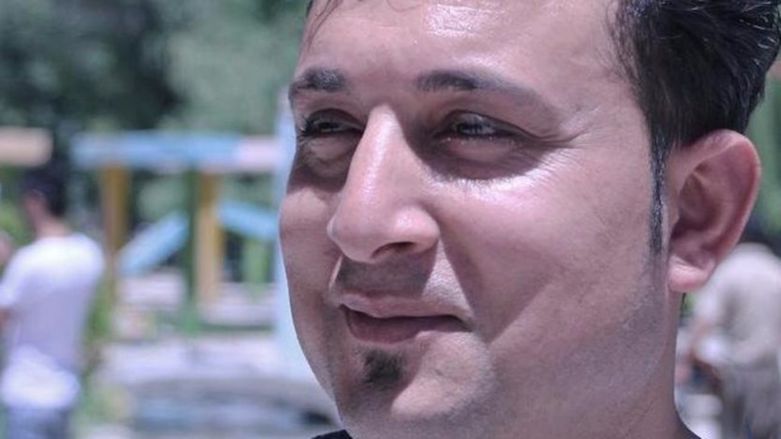Iran punishes Kurdish journalist for backing last year's independence referendum

ERBIL (Kurdistan 24) – The International Federation of Journalists (IFJ) confirmed on Saturday that one of their members, Bakhtiar Khosnham, a well-known activist and journalist, was sentenced to 74 lashes and fined nearly 400 dollars for covering the Kurdistan Region’s independence referendum in Iranian Kurdistan (Rojhilat).
The Iranian government arrested scores of Kurdish civilians in Rojhilat following demonstrations in support of Kurdistan’s Sep. 25 independence referendum last year.
Bakhtiar Khosnham, a journalist for Mukrian News Agency, was arrested on Sep. 28, 2017, following the referendum, being accused of making propaganda against the government. He was released on bail in November.
The court in Saghez sentenced Khosnham this week for “disrupting public order by attending the gathering to support the referendum and sending reports to the [foreign] media.”
Khoshnam was tried without access to a lawyer.
He was not the only Kurdish activist to face the wrath of Iran’s judicial apparatus.
The conviction of Khoshnam comes a few days after the arrest of civil rights activist Mukhtar Zarei in Sanandaj this Saturday.
He was arrested for insulting Iran’s Supreme Leader Ayatollah Ali Khamenei and disturbing the public opinion and propaganda against the Iranian government.
Iran has been one of the regional countries most opposed to the independence vote, fearing the spread of Kurdish nationalism to its own eight million Kurdish population.
Following the referendum, Iran closed its borders with the Kurdistan Region. But in January it re-opened its borders again.
Iran backed forces to seize cities in the disputed territories from the Kurds in October 2017, including the multi-ethnic and oil-rich Kirkuk.
Iran’s Defense Minister Brig. Gen. Amir Hatami, claimed last week that the “enemies” had concocted a variety of plots against the country and that last September’s independence referendum in Kurdistan was among them.
“The people and authorities of Kurdistan were keen to live within the framework of the official borders of Iraq,” Hatami said—although 93 percent of the people of the Kurdistan Region voted for independence.
He then incongruously asserted that the “plot” was thwarted “through the vigilance of the people of the Kurdistan Region,” particularly officials in Turkey, Iraq, and Iran.
Editing by Karzan Sulaivany
